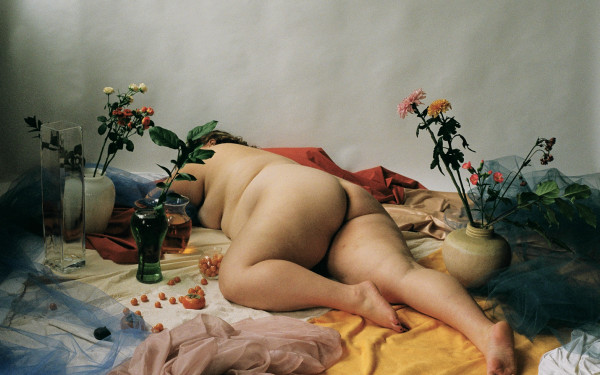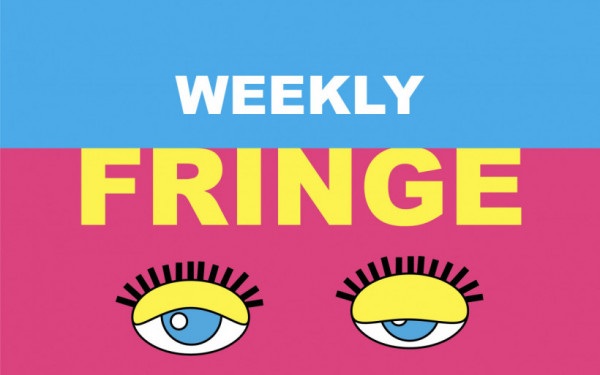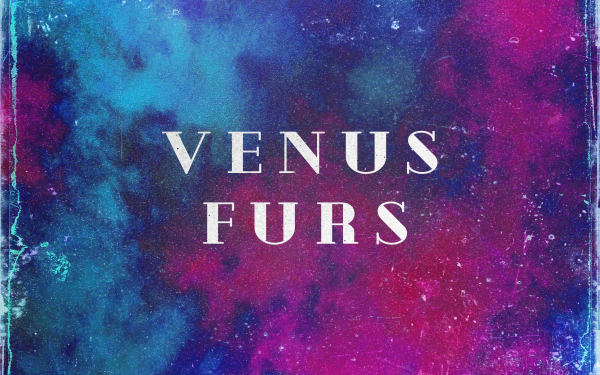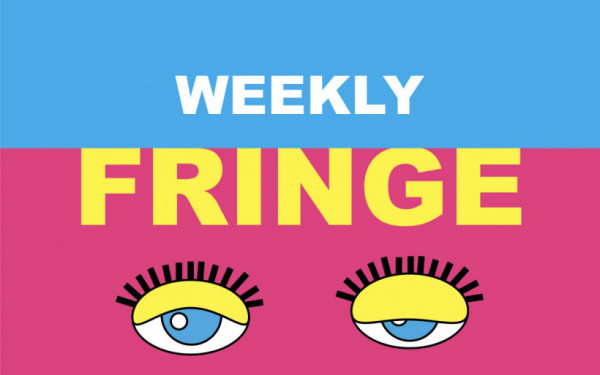Festival Accès Asie: The intersection of heritage and resilience
This year’s 26th edition marks the longest, uninterrupted Asian arts festival in Canada
When the pandemic emerged in Montreal last March, artistic director Khosro Berahmandi and his team were in the thick of promoting the 25th edition of Festival Accès Asie. The program had launched earlier that month, and the posters were already printed. COVID-19 grounded planes, shuttered borders and closed schools, but the festival was determined to live on.
As Berahmandi and his team moved the events online, the future of the festival remained a guiding light. Officially launched on May 6, Festival Accès Asie celebrates its 26th year—the longest, uninterrupted Asian arts festival in Canada.
Since 1979, Asian Heritage Month has highlighted the contributions of Asian-Americans in the United States. In Canada, however, Asian Heritage Month was officially adopted in 2001, six years after the inaugural edition of Festival Accès Asie. Founded in 1995, the festival is a living testament that Asian-Canadians have been radical, generous dreamers of a diaspora that has outpaced political and social trends.
The preservation of the festival has since hinged on the fight for Asian representation in the context of Canadian art and culture. As immigration expanded and Asian communities grew, funding for arts opportunities remained a necessity for the festival.
“We constantly [had] to prove ourselves. We constantly [had] to [explain] who we were, why we’re here, why we’re doing this,” said Berahmandi. “I’ve always said that part of our work here is to promote art and culture, and part of it is a political fight to have a space available for us.”
In this year’s edition, artists of vastly diverse ancestries answered calls to unite, celebrate, and inspire. Throughout the month, artists across disciplines presented their work in a digital showcase via live streams on Facebook, recordings on YouTube, and directly on artists’ websites. Performers included musicians, multimedia visual artists, dancers, creative writers, and filmmakers.

One of the first projects showcased in the festival was Laura Nhem and Emmanuel Hessler’s pandemic-born podcast, Imperfect Asian, launched in 2020. Nhem, a Montreal-born film and television industry creative, talks to other Asian creatives throughout the first season of the podcast.
“[Each episode of Imperfect Asian] is really just a heartfelt conversation between two people of East Asian descent—people that don’t necessarily fit this mold of what we think of when we think about Asian people; who have gone to university, earned a bachelor’s degree, bought a house, are heterosexual and monogamous,” said Nhem. “I just wanted to find other people who were like me. Who wanted to have a conversation about growing into ourselves.”
The theme of non-conforming narratives of the Asian Canadian experience rings throughout the festival. As the festival’s sole in-person showcase, the Nocturnes exhibition, hosted at Maison de la culture Janine-Sutto, features paintings and drawings by Azalia Kaviani. Kaviani is a visual artist of Iranian descent, living with cerebral palsy, who also graduated from Concordia University.
“In my opinion, art has no boundaries,” Kaviani said. “It is a therapeutic tool and a beautiful form of expression.”
“I just wanted to find other people who were like me. Who wanted to have a conversation about growing into ourselves.” — Laura Nhem
The exhibition was born from Abilities, a pilot project developed by the festival, providing adapted training and professional development with the intention of helping Kaviani achieve her goals as a professional artist.
After a year of intensive work, the exhibition is being showcased alongside a creative short film directed by Laurence Ly, which captured the progress of the Abilities project. The exhibition was curated by Kakim Goh, who mentored Kaviani throughout the year.
“The story of this exhibition is very much the story of immigrants,” said Goh. “In Azalia’s case, it’s very different because it’s the story of someone who’s moved here with a disability.” Goh added that Kaviani's pursuit of the arts pivoted away from her family's background in business—a struggle that many artists can relate to.
Across Canada, the Asian Canadian experience is as diverse and varied as the continent of Asia itself. From the prairies to the coasts, Asian Canadian artists tell the story of immigrants through rich cultural contributions in Canadian society.
In an effort to foster dialogue between Asian Canadian artists, the festival restored its national symposium in 2020. The symposium connects organizations, artists and cultural workers of Asian descent across the country, and promotes cross-cultural dialogue between Asian and non-Asian communities. In connection to the festival, the symposium is set to launch later in summer 2021.

“[We are] understanding that we can be unified and still have differences in opinion, in our culture, our religion, our status, our beliefs, and our values,” said Farah Fancy, a consultant for development of the symposium. Fancy said that the symposium also aims to “work together to pass on knowledge so that we can learn from each other and share in community.”
Since the beginning of May, the festival has presented musical acts including “Nippon Shôwa” night, which featured 1960s pop and rock music from Japan, as well as a fusion of traditional and modern Indian music by Bollywood Gharana, among others. “Acts of Reclamation”, an online screening of five videos of Filipino choreography is one of multiple dance performances that have also been featured.
Upcoming virtual events include the screening of 15 short films by Wapikoni Mobile on May 20, which aims to bring Asian and Indigenous communities together, as well as an online piano concert featuring Kyoko Hashimoto on May 21, with details on the festival’s website.
The future of the festival shines through the hope in Berahmandi and Fancy’s voices as they spoke about upcoming projects: a national digital platform that would connect Asian artists all over Canada, a province-wide program that would promote Asian artists in small towns throughout Quebec, and the continuation of programs that could develop young artists through children’s workshops.
“I often think of the festival as a river. It’s finding its way and going farther,” said Berahmandi. “Through this passage, it reaches everything.”






